TPO - According to agricultural experts, burying straw in flooded soil causes methane gas, organic poisoning and soil degradation. Meanwhile, burning straw is synonymous with "burning money", because straw contains nutrients that are good for the soil if processed and returned to the fields.
TPO - According to agricultural experts, burying straw in flooded soil causes methane gas, organic poisoning and soil degradation. Meanwhile, burning straw is synonymous with "burning money", because straw contains nutrients that are good for the soil if processed and returned to the fields.
On the morning of October 25, in Hau Giang , the Workshop on Linking the Rice Value Chain to Contribute to the Implementation of the Project of 1 Million Hectares of High-Quality Rice took place.
Mr. Truong Canh Tuyen - Permanent Vice Chairman of Hau Giang Provincial People's Committee - said that Hau Giang was selected by the Ministry of Agriculture and Rural Development (MARD) to launch the Project on Sustainable Development of 1 million hectares of high-quality, low-emission specialized rice associated with green growth in the Mekong Delta (Project) at the end of 2023.
“The project not only brings direct benefits to rice farmers but also contributes to the goal of minimizing the negative impacts of climate change, reducing greenhouse gas emissions and enhancing the value of the rice supply chain in a sustainable manner,” said Mr. Tuyen.
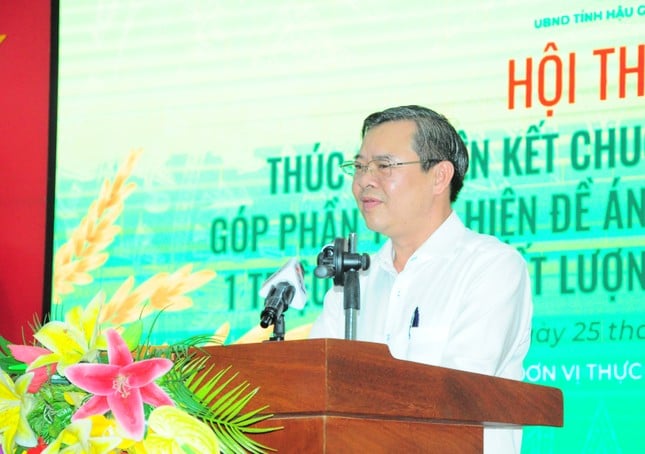 |
Mr. Truong Canh Tuyen - Permanent Vice Chairman of Hau Giang Provincial People's Committee. Photo: CK. |
Citing the results of the pilot models of the Summer-Autumn Project in Can Tho, Tra Vinh, and Soc Trang, Mr. Le Thanh Tung - Deputy Director of the Department of Crop Production, Ministry of Agriculture and Rural Development - said that the average yield of the model reached 64.5 tons/ha, an increase of about 5 tons/ha compared to outside the model (59.8 tons/ha). At the same time, greenhouse gas emissions decreased by more than 4.7 tons/ha compared to traditional farming; the amount of seeds decreased by 30-50%; fertilizer decreased by 30-70kg of nitrogen/ha...
Mr. Tung reiterated that the goal of the Project is not to sell carbon credits, the highest goal is to reduce production costs, increase value, increase profits, link industry chains (reorganize production), adapt to climate change, and achieve green growth.
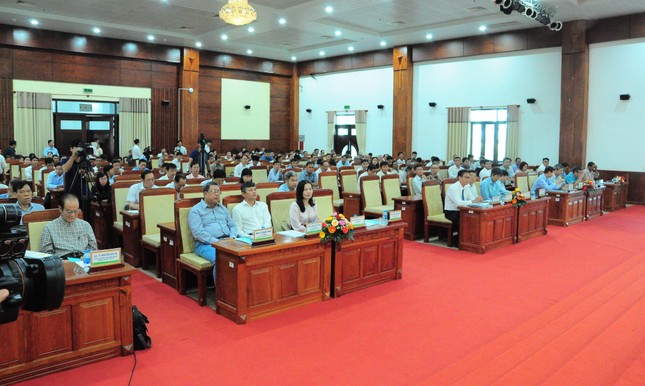 |
Conference scene. Photo: CK. |
Regarding the measurement of emission reduction, Associate Professor, Dr. Mai Van Trinh - Director of the Institute of Agricultural Environment, Ministry of Agriculture and Rural Development - said that the Mekong Delta has high potential for emission reduction. With the project of 1 million hectares of high-quality rice, it is necessary to reduce fertilizer, not or limit the burying of fresh straw, and collect and compost straw to make fertilizer for the fields...
Professor, Dr. Nguyen Bao Ve - former Head of the Faculty of Agriculture, Can Tho University - said that burying straw in flooded soil will create organic acids and then generate methane gas, causing organic poisoning and soil degradation.
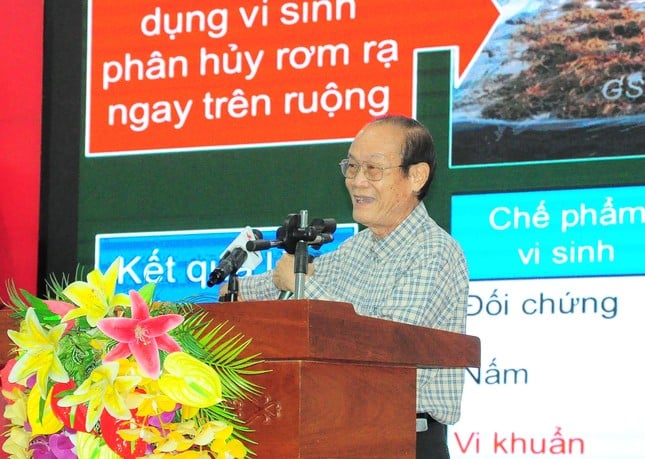 |
Prof. Dr. Nguyen Bao Ve shared at the workshop. Photo: CK. |
According to Mr. Ve, burning straw means “burning money”, and selling straw means “selling blood”, because straw contains nutrients that are good for the soil if processed and returned to the fields. However, to make organic fertilizer from straw and return it to the soil requires a lot of labor and machinery. The proposed solution is to use a combine harvester and chop straw to spread evenly over the rice field. Then, fertilize with microorganisms to decompose the straw and bury it in moist soil immediately after fertilizing so that the microorganisms can work effectively.
Mr. Ve also recommends using slow-release fertilizers, sowing in clusters and burying fertilizers in the reduction layer, not over-fertilizing, and using specialized fertilizers for rice. Along with that, alternating flooding and drying and draining water between crops will help reduce emissions; reducing emissions through reducing the amount of fertilizer, reducing pests, reducing pesticides and reducing costs...
Source: https://tienphong.vn/dot-rom-la-dot-tien-post1685479.tpo








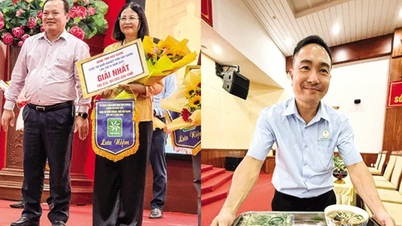

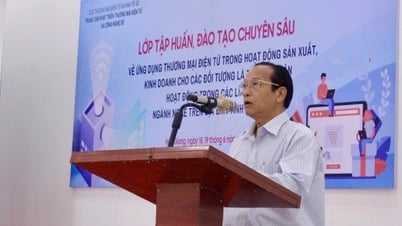

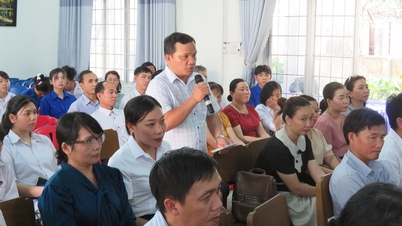





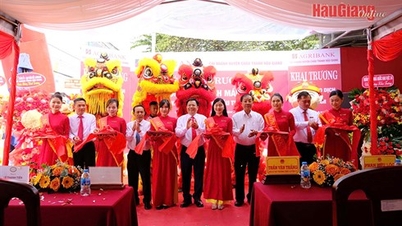

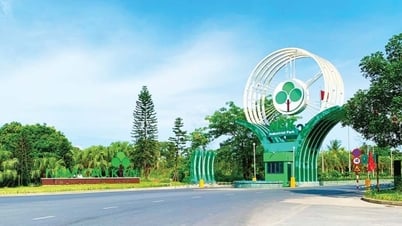

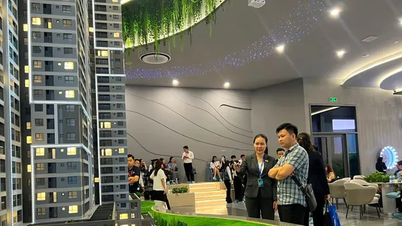
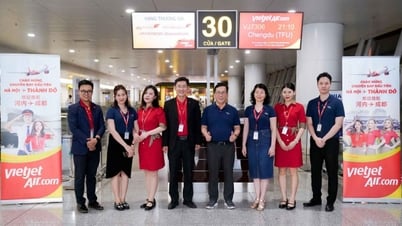

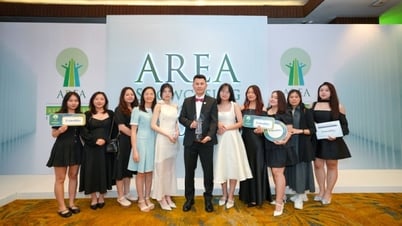
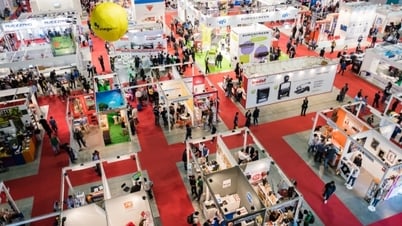
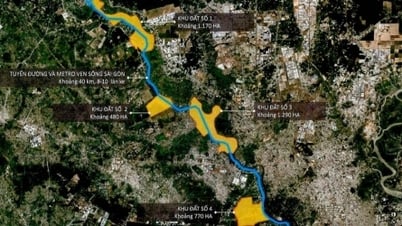





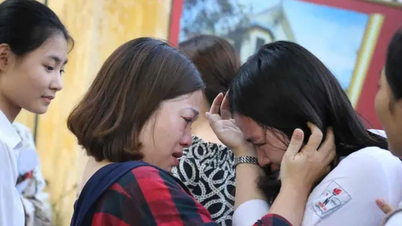
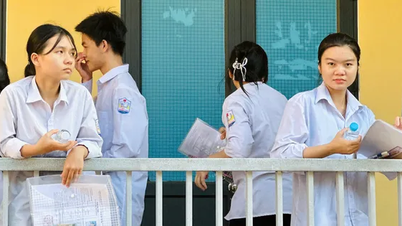
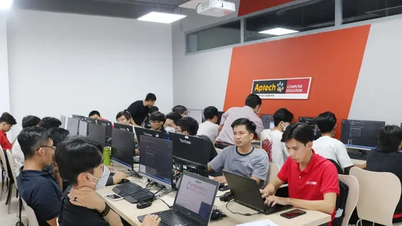

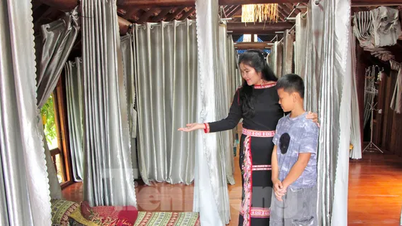












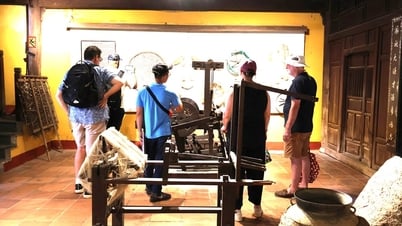




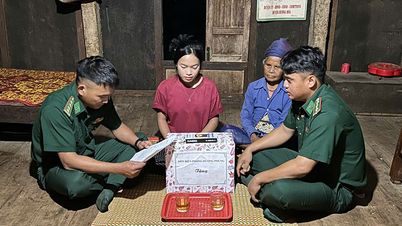

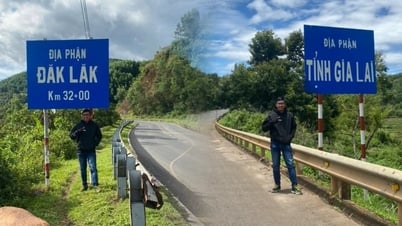















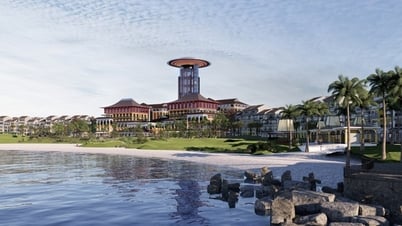

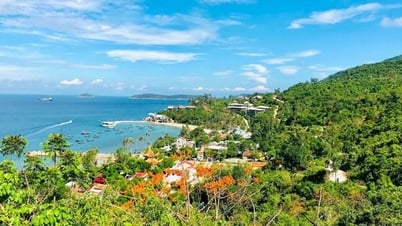
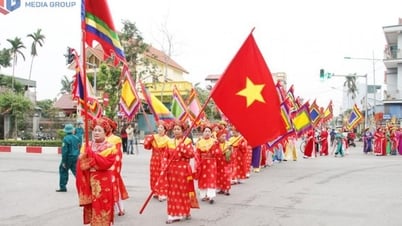
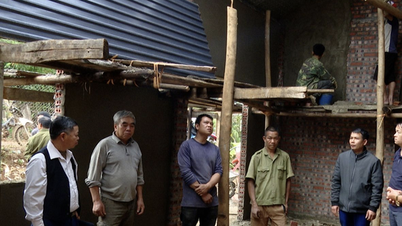
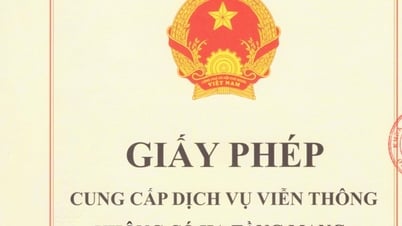

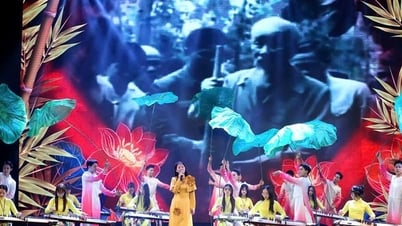
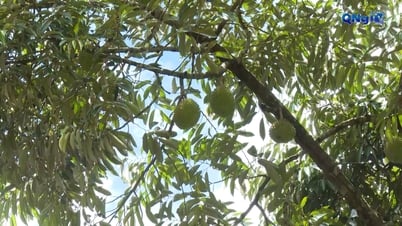

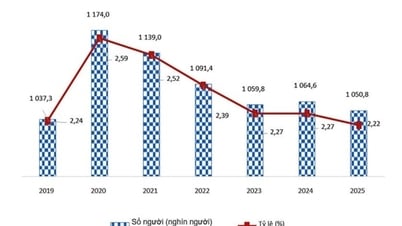



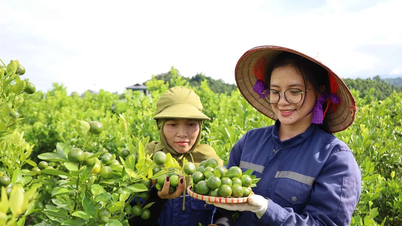

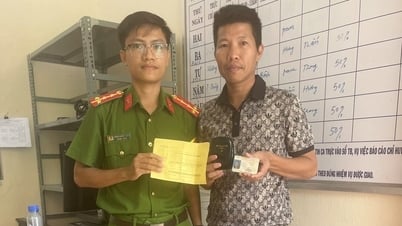

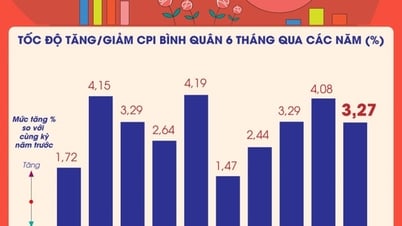












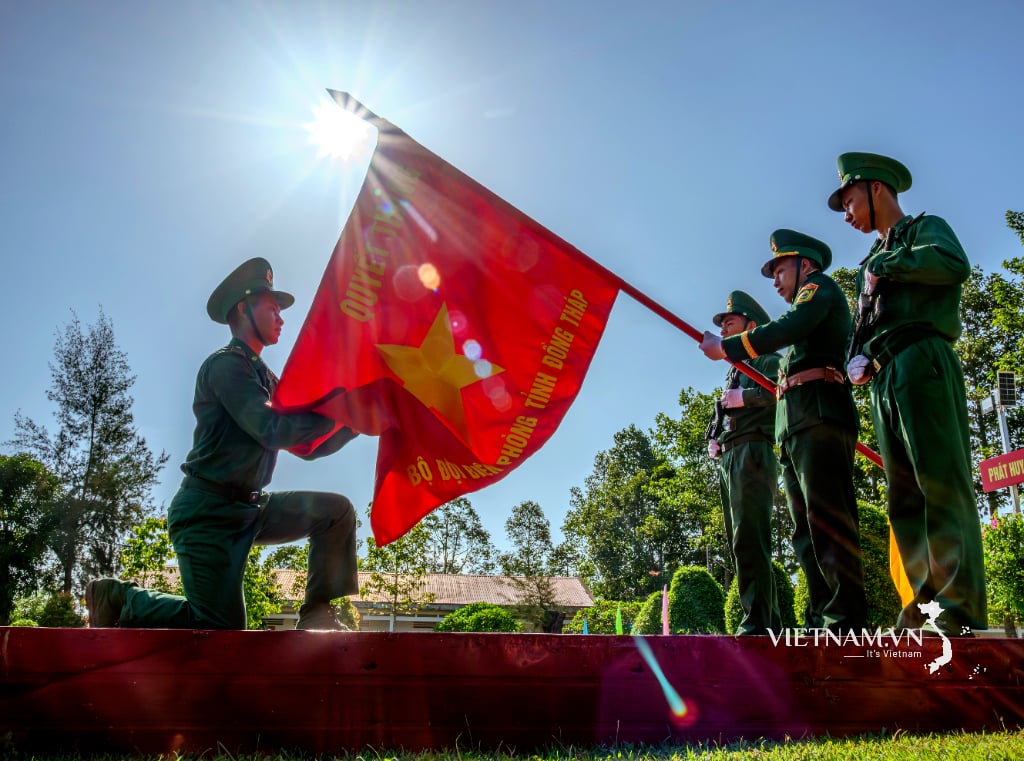
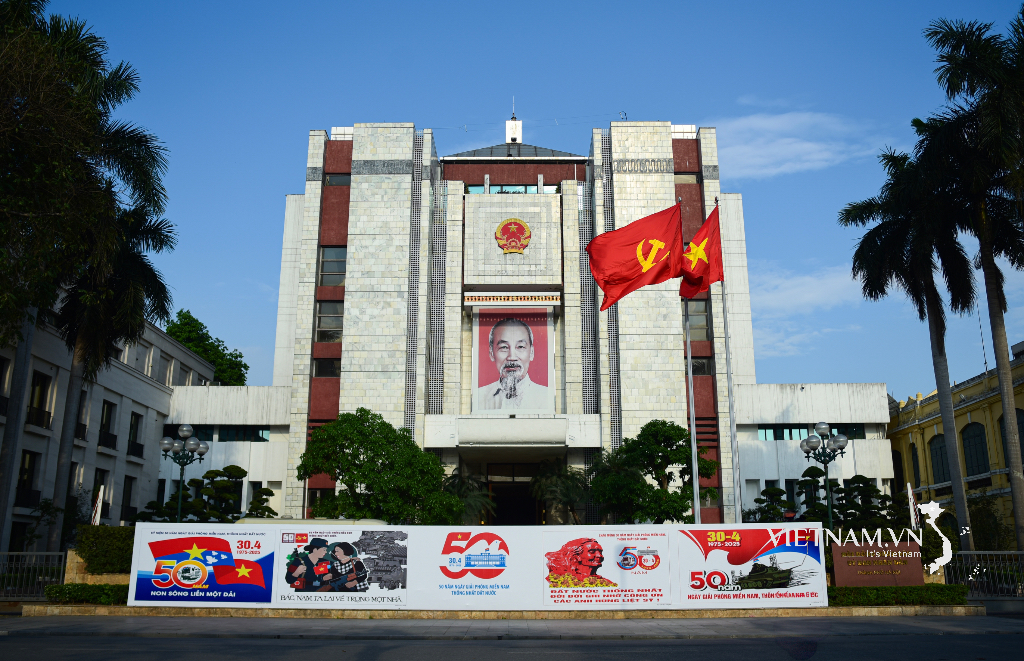

Comment (0)